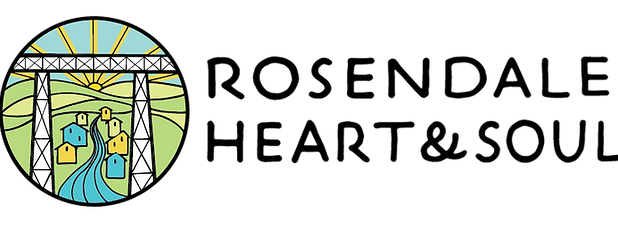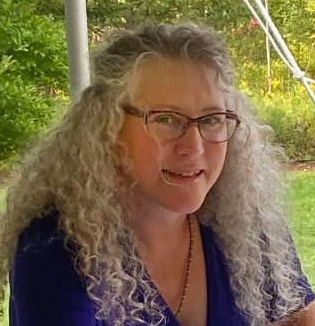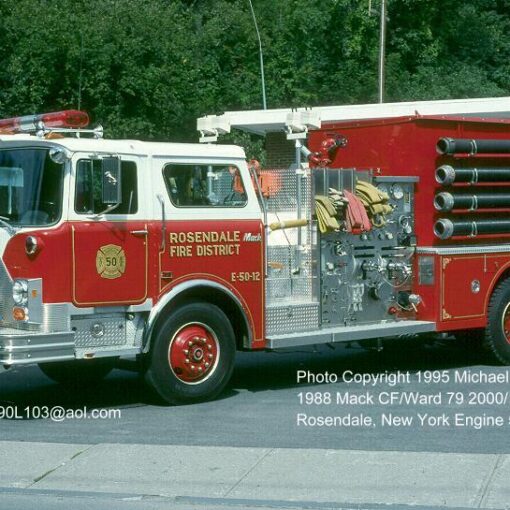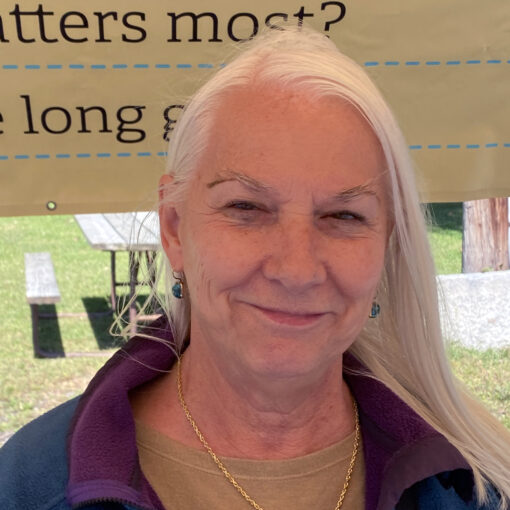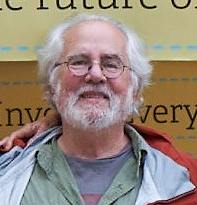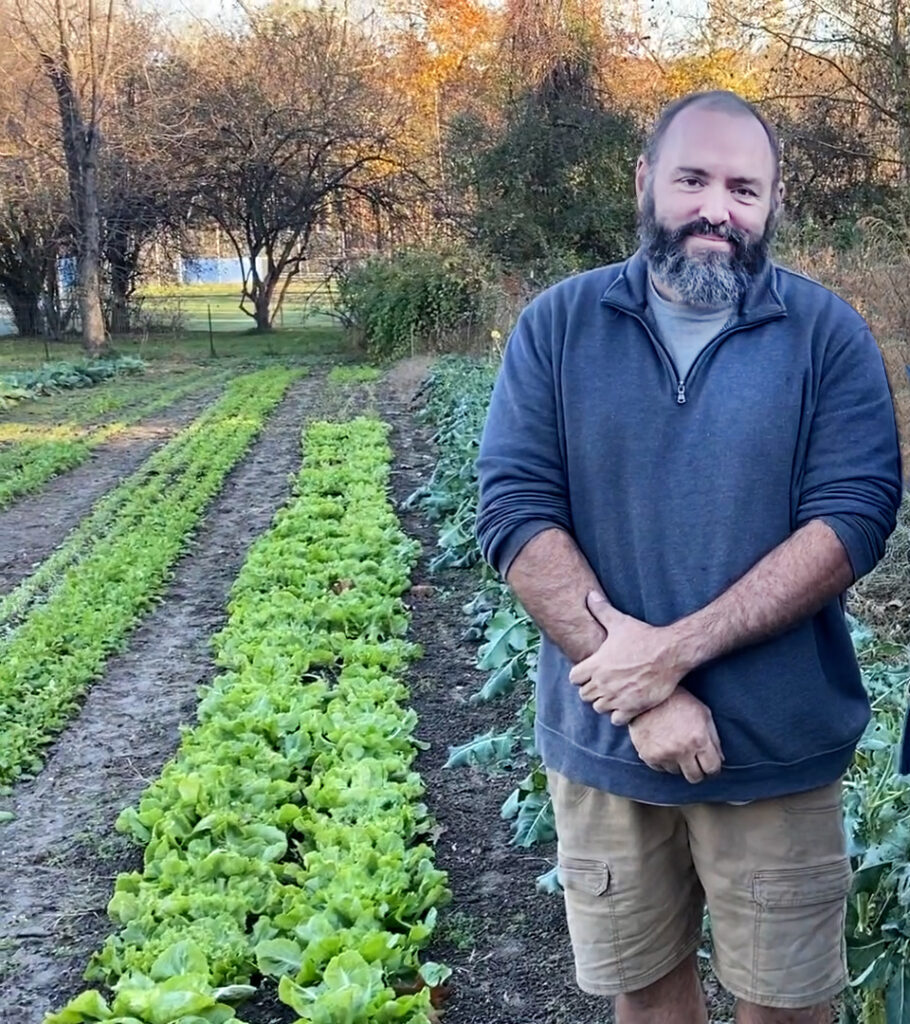
October 27, 2024
Bob by Kathleen
K: Hello, this is Kathleen, interviewing Bob at the Rosendale Farmers Market. Bob, you’re somewhat well known to this community and to Rosendale Heart & Soul because you
had a hand in helping us get it going. So thank you. And how did you get here, how did
you first get to Rosendale in this community?
B: I was kind of somewhat accidental, I moved up from Long Island about 25 years ago, I lived in Accord for a while, my wife grew up in Rosendale and when we were looking for a house, one in Rosendale popped up that would work for us and that’s how we ended up here.
K: And why do you stay, what is it that you love about this place?
B: You know, my business is here and the community that’s built up around it, I think they would lynch me if I moved away. You know, it’s a great community, it’s a great little town. I grew up on Long Island and there wasn’t this small town feel anywhere I’ve ever lived down there, so I kind of like that.
K: How would you describe that small town feel, what is that about, what does that look like
for you?
B: It’s just nice to see familiar faces, I haven’t been on Long Island in a long time, but when I grew up there, you know, you could go to the store, you could go out all day and not even see somebody that you knew, where in town here, or even in Kingston or any of the surrounding towns, I’m often bumping into people or at least seeing people that are familiar to me and I like that.
K: And from the fact of your business in a small town, how does your business work for you in this location? What is it that works really well and is there something that you might like to see better, more different in relation to you and your business in particular?
B: I couldn’t really be in a better position as far as the business. It’s a great community and I get a tremendous amount of support just from the people in Rosendale.
K: And probably financial support?
B: Yeah, just a little patronized my business throughout the whole year. So it is its financial support really. And it’s emotional support. It really is a community, which, like I often say this, but as a farmer, I never really thought that was going to be a big part of what I did. I knew it was going to be part of it, but I had no idea how important it was going to be to the people in the town and the surrounding areas that I had this farm. So I only see it as an upside. Ideally
I would like more people in the area, because so I could have more customers, but that would
sort of ruin the feel of the town and what we do here. There’s a point where too many people lose too much.
K: What would you like to see more of in Rosendale? In whatever way you would envision it.
B:I don’t know if I would really change all that much. I mean, nothing really comes to mind. I mean, well,
K: how about the farm market, for instance?
B: I can’t really complain about that because I’m the president of the board.
K: Well, from the president of the board, you probably have some desires.
B: It’s probably that I’m not doing a good enough job.
K: Oh, Bob, you always say that. We love yourself deprecating humor, but really, honestly, as from the farm market perspective, what would work better or allow different?
B: I don’t know. I feel like we’re sort of invisible here. I don’t like that we’re behind the stores. I like that we’re in town. I don’t like to go behind the stores. It’s hard to find. There’s plenty of parking, but it’s hard to find. And we don’t get the people driving by seeing us. We have the flags on Main Street, but people often drive past and don’t realize that they passed us. So more visibility would be nice. I mean, I don’t necessarily want to move the market. I don’t know how to get visibility otherwise, but I think a little more road traffic would be nice.
K: Well, you’ve been on the economic development committee with me as well. And so
we’ve looked at a lot of town things. Is there in terms of anything, infrastructure or anything
that you see here that you think could be addressed? And please be frank here with whatever you’d like to offer. If you had to make some changes. What would it look like?
B: I mean, it’s a weird time in history. So it’s hard for me to even think of like, I’m just sort of happy to survive the next couple of weeks and not be miserable. For me personally, I’m a big science nerd and I love science. I would like to see everywhere, not just in Rosendale, but us to be following the science more in our decision-making.
K: Can you give me an example of what that would look like?
B: I would love it if we were more like sort of more front line in climate, like fighting climate change or dealing with climate change. I mean, I think there are things we could do that
you know, could make a difference or could sort of help lead the way or got some examples. There’s a million examples. I’m not really aware of the financial situation of the town. And I think that would be the big deciding factor. The problem I think with climate change in general is there’s no political will. And I’d like to see more of the political will. Whether we enacted huge earth-shattering programs or not, just having, moving forward and joining a bigger discussion or whether we’re leading the way or part of the discussion, I’d like to see more of that. Because for me, climate change is the biggest hurdle we have.
K:And as a farmer, you’re tuned into that.
B:Acutely aware of the changes in climate. And I hear it in the community, you know, there’s going to be big problems. People, you know, like, well, it’s not a local issue, but…
K: That’s okay. You could reference something that’s alive for you, because it might impact us locally.
B: I think there’s a lot of problems where, like, as the climate changes, like, we grow our grains in a certain area of the country because the weather and the soil are perfect for it there. As the climate changes, that land will no longer be suitable for growing those crops and getting the yields we’ve been getting. So they’ll either have to start migrating up north where there are cities and populations, or have to go far away somewhere else, most likely out of the country, for us to grow enough grain to survive.
And all of our crops are like that. There’s reasons that things are grown in certain areas, because that’s where they thrive and you get the highest yields.
K: And do you see any impact of climate change currently on your farming practices?
B: There are more extremes. Like, we do winter growing and it, and there is a El Nino – La Nina effect in the winters in the summers, but less winter in the winter before been very mild. Last winter was crazy mild, we hardly had to mitigate the cold in our growing, you know, like it was a very almost non-event compared to years in the past. And again, you can’t just say this year was a bad one because of climate change, but it seems to be trending in that direction.
K: Okay. Is there anything, is there one story or image or something that just pops into your brain about your time and life here in Rosendale that you’d like to highlight or share? Memory? something that really captures the essence of your life here.
B: I think I have a different experience than a lot of other people because I have this sort of weird personal relationship with everyone, even if I don’t know them, because eating is a very personal thing, and I’m growing food for people. I feel that relationship when I think of Rosendale, you know, and it’s unusual.
K: Wow. Yeah. You’re actually growing food and feeding people, you know. Yeah. Right. Like, duh.Yeah.
B: It’s bigger than everybody because they’re more connected to where their food comes from and they’re here. I send out emails so they’re hearing about stories, about how it’s going and what we’re doing and they become part of it and it becomes very personal. Yeah. It’s an unusual relationship.
K: Okay, Bob. Thank you very much for all of the work that you do here. And thank you for taking the time to share your story here with Rosendale Heart & Soul.
B: Happy to do it.
K: Okay, good. Okay, bye.
